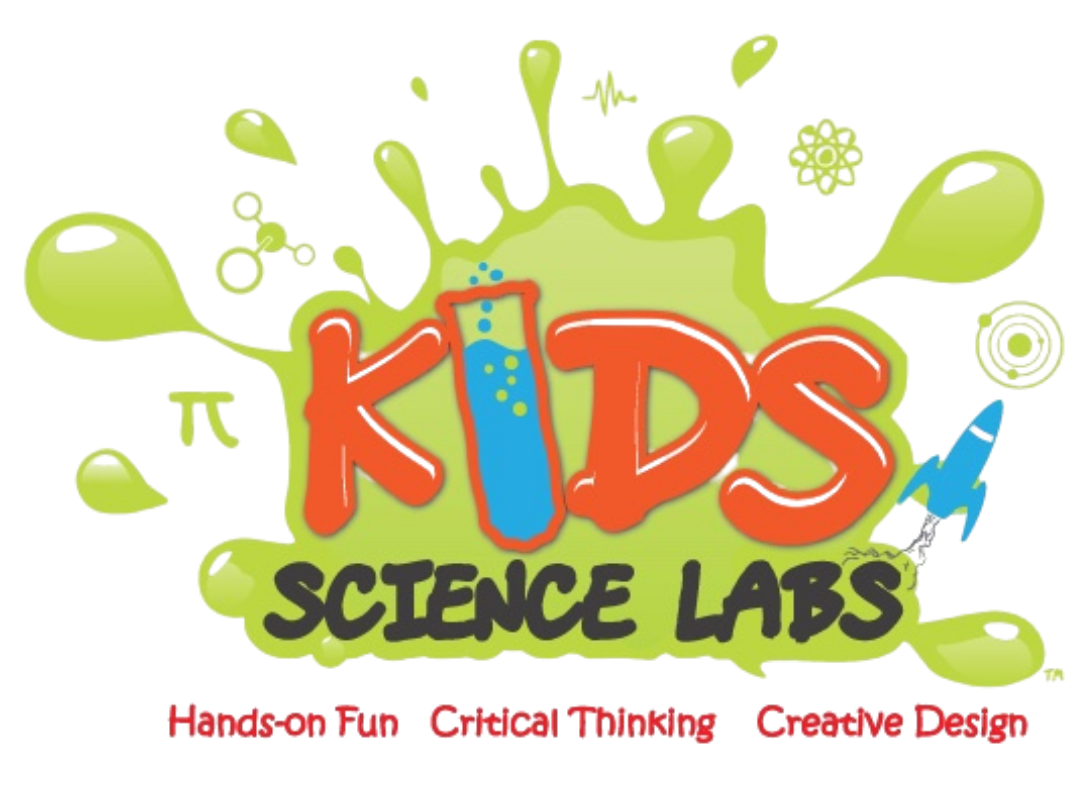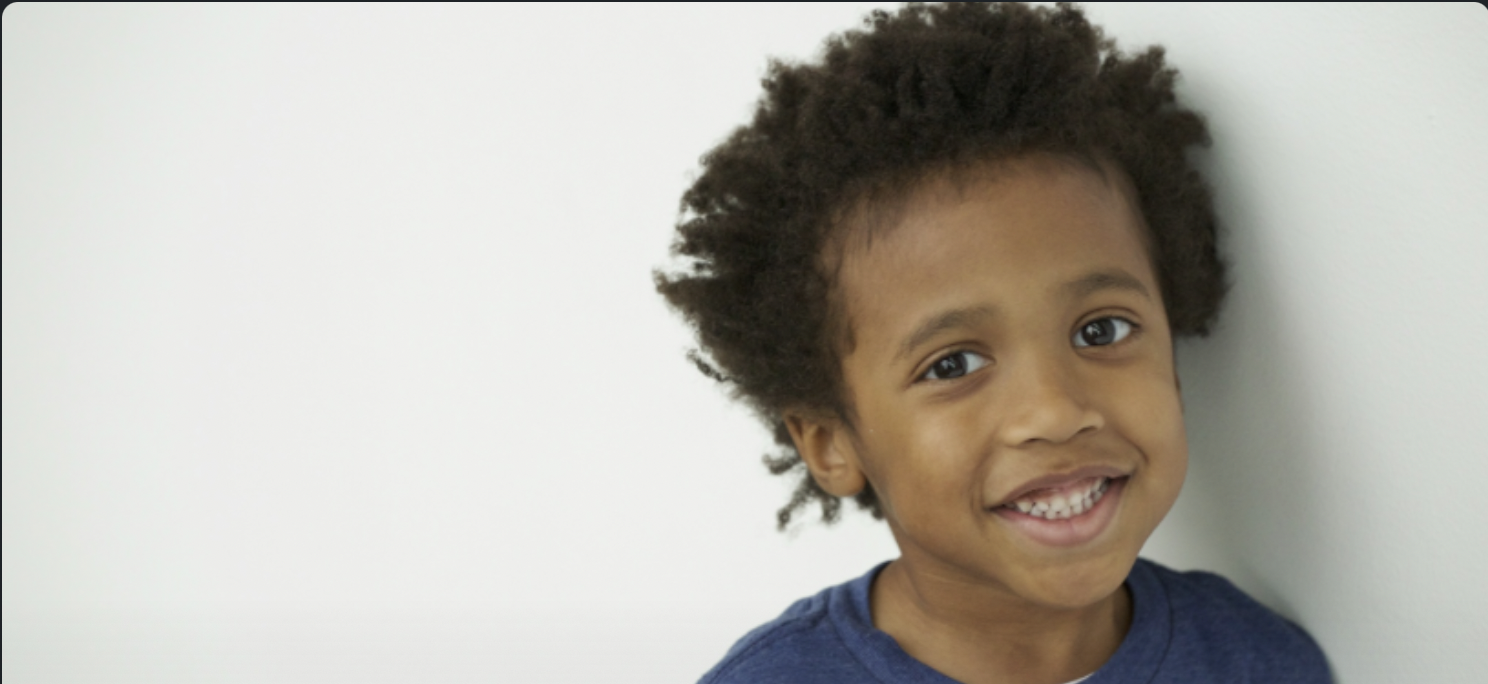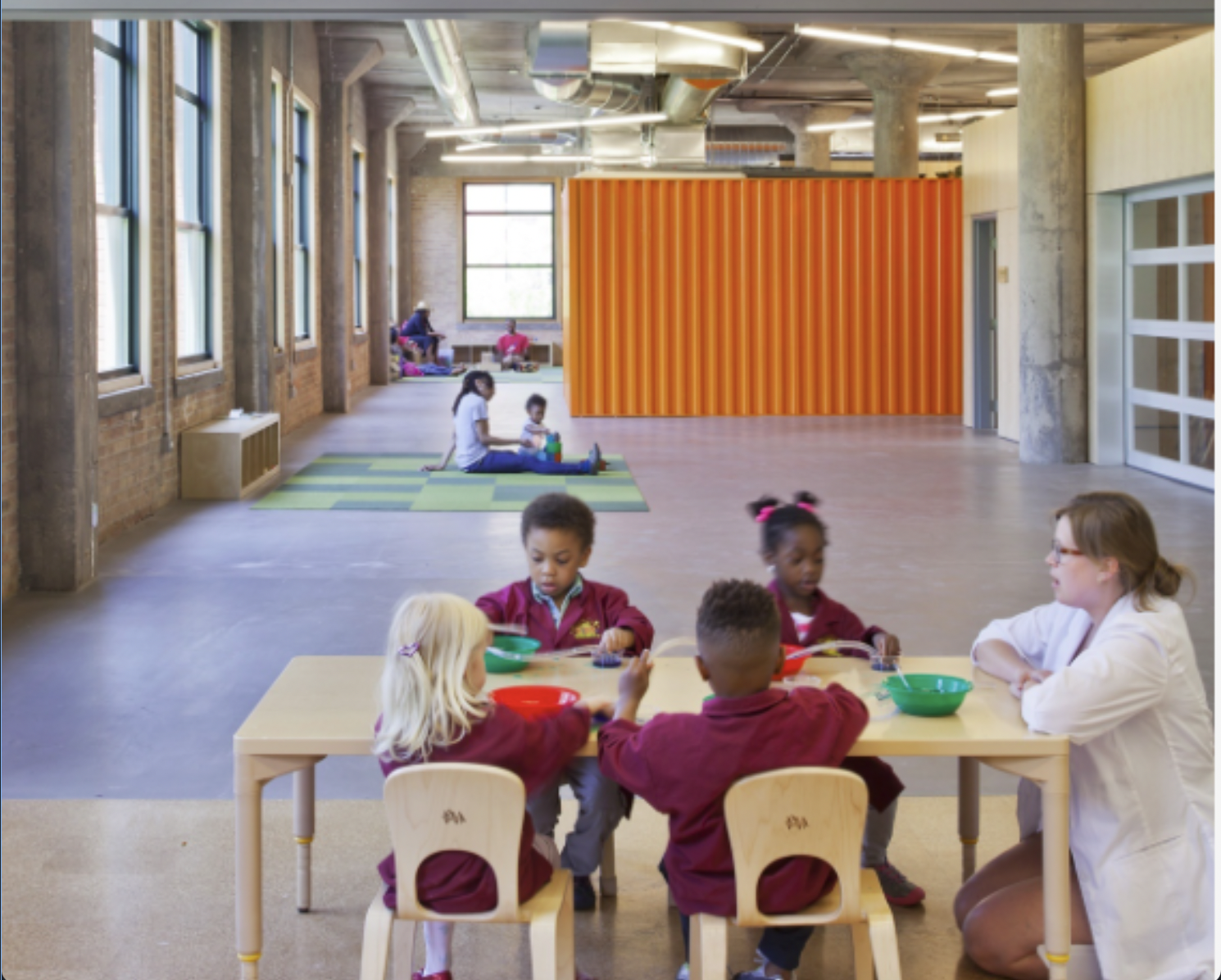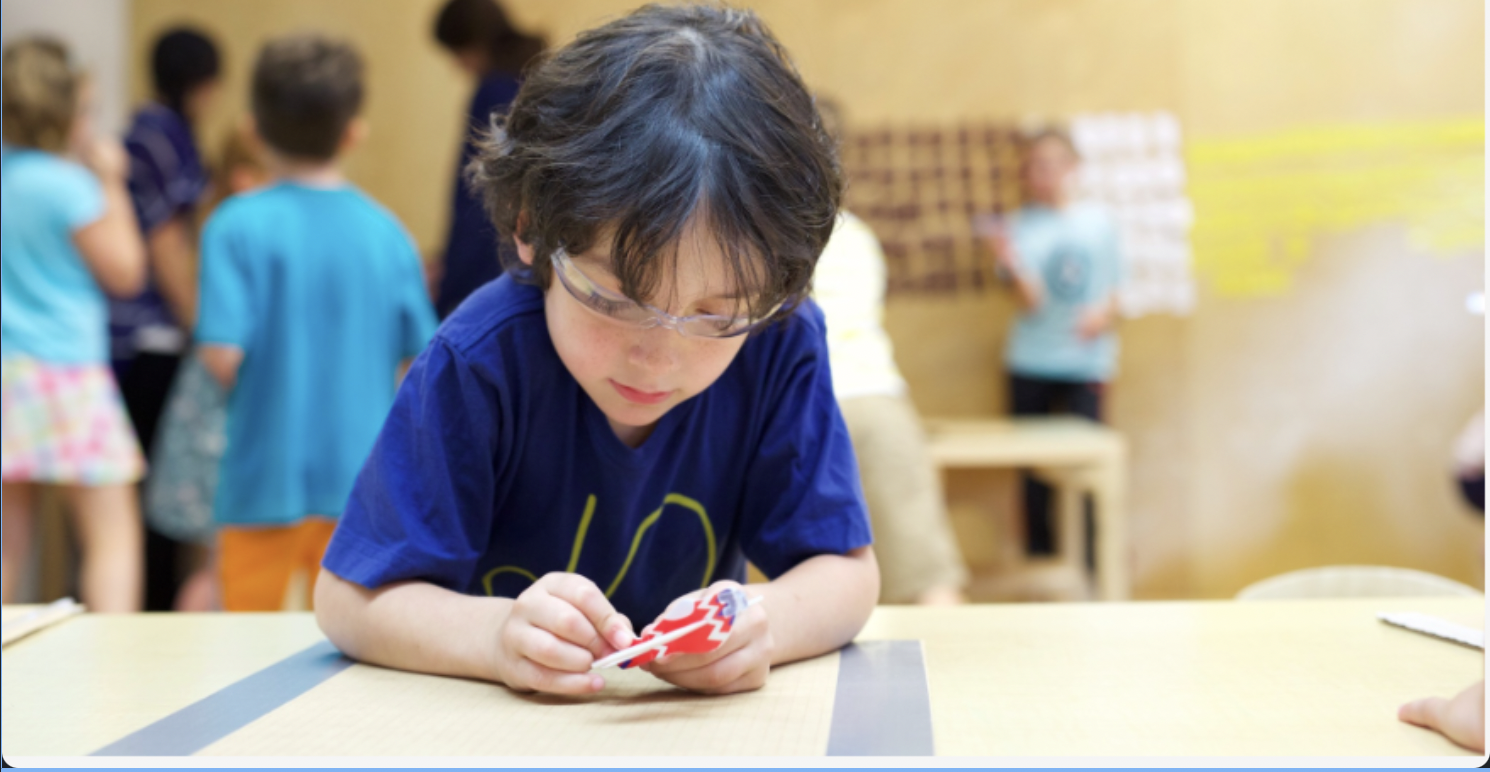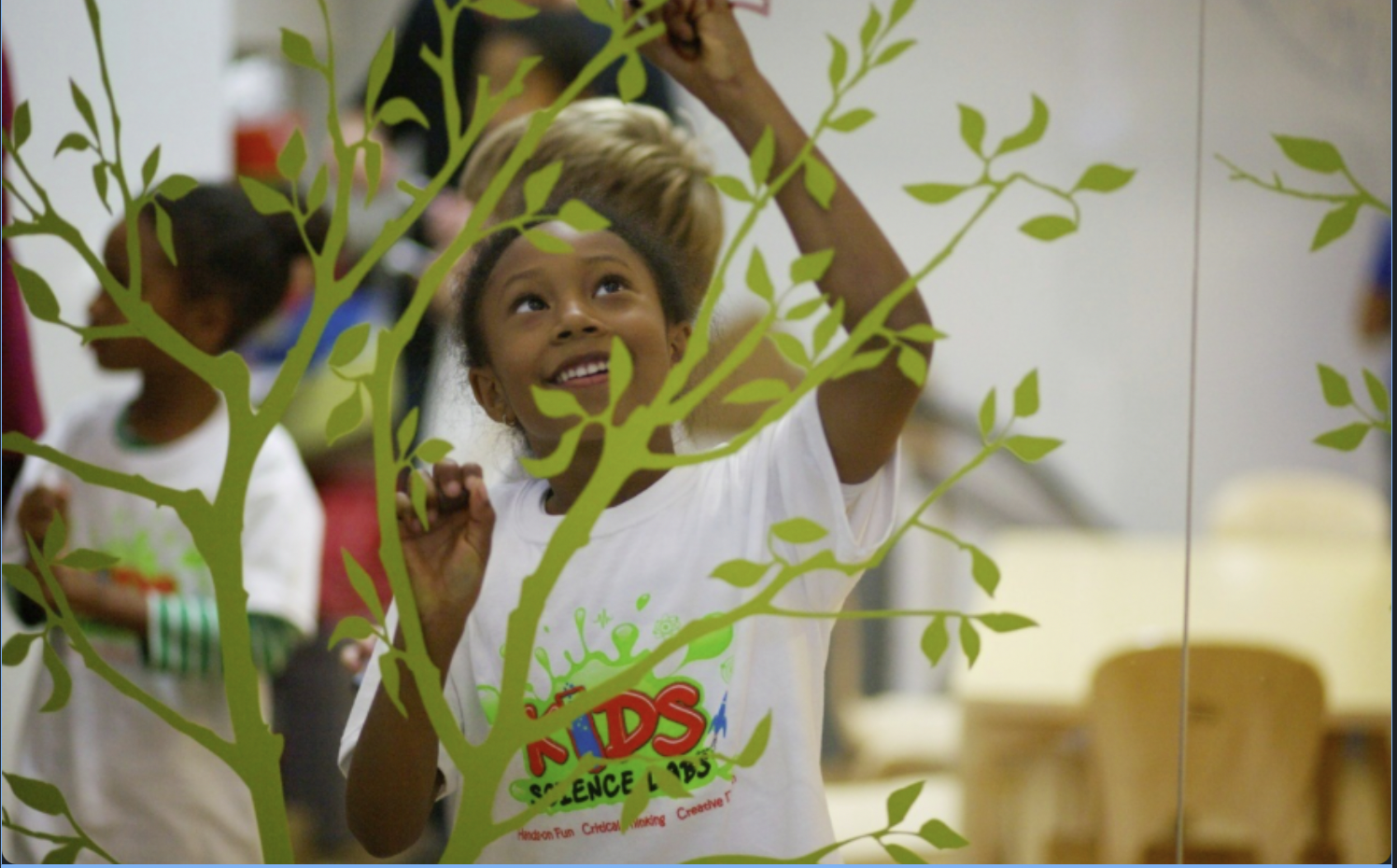Imagination and Creativity are critical to long-term outperformance
Whether its Game of Thrones, Oscar Wilde, or the famous Marvel Superhero Dr. Strange, hearing that "You Lack Imagination" just sounds like one big diss as an adult. Here is some truth. What adults have hidden away and allowed to gather cobwebs, our kids use to solve problems in beautiful ways every day. Our reality is that we simply have been taught that rule based approaches and deep knowledge are the best ways of working out problems. Academic research and functional observation of kids is clear on the subject, that without active use of imagination, creativity, and freeing ourselves from restrictive rule based thinking, we are painfully limiting our problem solving potential. In this regard, we can learn from preschoolers and elementary kids, on how to use our Imagination and Creativity to improve long-term outperformance.
While we are often focused on outcomes (higher grades, test scores, mastery skill), which are important, we sometimes miss the more critical fuel that leads to long-term outperformance, Creativity and Imagination, core skills that kids 0-5 have in abundance. There is a difference between a student who gets an "A" and one who gets a "B" and its not hard work. Of course there are a few people whose brains are just supercharged, but the group is extremely small relative to the "A" students who operate on a different plane of information processing, using abstract thinking, contextual clues, critical reasoning, and creativity, and their beautiful imagination to better understand and relate concepts.
Doctors, Lawyers, Engineers as well as Sandwich Makers, Musicians, and Salesmen most often suffer from the same problem as they often learned in a similarly restrictive knowledge-based environment, where there are certain "right" ways to perform a function or solve a problem. There are rules that must be followed. There are four wheels on a car. There is no way to see a great movie in your home. All the Taxi's are unavailable so I have to wait. This way of thinking, through the lens of pre-existing rules, is just false. We need to learn that sometimes the rules don't apply, especially when solving problems. Just because you know a boundary is there, doesn't mean that it has to be there, and imagination allows us to get round these boundaries. This is especially true in science.
It took someone with imagination, to figure out a Segway, Netflix and Uber. The interesting thing is that all the great poets, painters, Nobel laureates and engineers, just think about the world differently. The best scientists and engineers are not the ones who have all the knowledge, but the ones that can connect that knowledge, with creative thinking, to real world issues. A problem presents itself such as "we can't possibly travel faster than in a car" , and someone with imagination says "Why Not". What's funny, is this same principle is exactly how the mind of a child works. Kids don't know the rules and as a result, they have far greater ability to outperform in problem solving, creativity, and innovation than we do as adults, precisely because adults use their expansive knowledge to solve the problem, rather than access there even more expansive Imagination and Creativity.
We often confuse problem solving for knowing how to solve a problem. This is so ridiculously simple. There are more problems for which you don't know the answer but can still figure out, with a bit of imagination and creativity, than problems that you could actually know the answer to already. I have been leading kids in developing new ways of thinking at Kids Science Labs for a decade, and the overwhelming evidence (not to mention the academic research) is that kids under 6, before they finish Kindergarten, have far greater problem solving ability than adults. The science is pretty simple. Adults lack (or at least choose not to exercise) their imagination, whereas imagination is one of the primary ways in which kids in early childhood solve a problem. Try it yourself. Ask a kid how to get to the moon, or where dragons live, and they will give you an answer. A real plausible answer, except that when you hear it as an adult, you can reject that solution because you think its simply not possible. You lack imagination.
In the U.S. in particular, and abroad, there is a Creativity Crisis and the result is that we are hurting our long-term outperformance of our future generations. Kids are gifted problem solvers, in large part because they have imagination, creativity, and a natural ability to ignore and test the boundary conditions (they are scientists after all), to establish new ways fo thinking. I am a scientist, engineer, and entrepreneur, and I am also a Dad with tens of thousands of hours observing kids ages 18 months - 12 years old at Kids Science Labs. I can tell you that kids reach peak creativity at or just before 6 years old, in Kindergarten. It's sad. A 5yr old has a beautiful imagination, and by upper elementary they have learned not to use it to solve problems because their imagination does not fit how school often operates. But there is also a solution....start teaching kids how to apply their imagination to solve abstract problems, think critically about assumptions, and relate seemingly far flung principles that help accelerate our creativity and innovation. These kids grow up and become the next generation of creative thinkers.
At KSL, we are trying to do something so much more important than just giving kids STEAM tools (which I love), not because I want to but because the world demands that we teach kids differently. We need to support and uplift our schools to help, as they can't do it alone. If we don't teach kids creativity, innovation, how to harness and apply their imagination, how to process information along different planes, and how to think big, then they are expected to learn it on their own. This will never happen. Our education system in the U.S. does amazing things, as do the teachers who operate within its constraints. We also must appreciate that kids want to build, break, mix, and explore, not because they want to, but because its how they learn how things work. If you teach a kid the process for solving a problem, they will replicate the process very well. But this is absolutely not success. This is what you do for a robot that is not capable and equipped with one of the most powerful problem solving tools, Imagination.
https://www.linkedin.com/pulse/imagination-creativity-critical-long-term-shegan-campbell/
If you have spoken to me before, then you have probably heard me talk so much about neuroscience and how kids brains work so differently than our own. Kids don't follow the rules, the create new ones that are not anchored by our reality. But its real to them, and it allows them to see a solution where we don't see it at all. If you ever want to invent something awesome, just listen to what you kids say during the day, because there ability to flow through a problem and find a solution, is limited only by the ability for you to stop long enough to believe that their solution is indeed possible. We are too focused on knowledge based academic structures, that reward getting all the answers right, versus thinking about the answers differently. "Wondering Why Can Change The World" is one of our core values at KSL and it is a pleasure to be able to observe the beautiful minds of kids as young as 18 months old figure out ways to overcome the same challenges that rules teach us are limits to our future. They are not. We just lack imagination. It's time to start using it, just like our kids.
